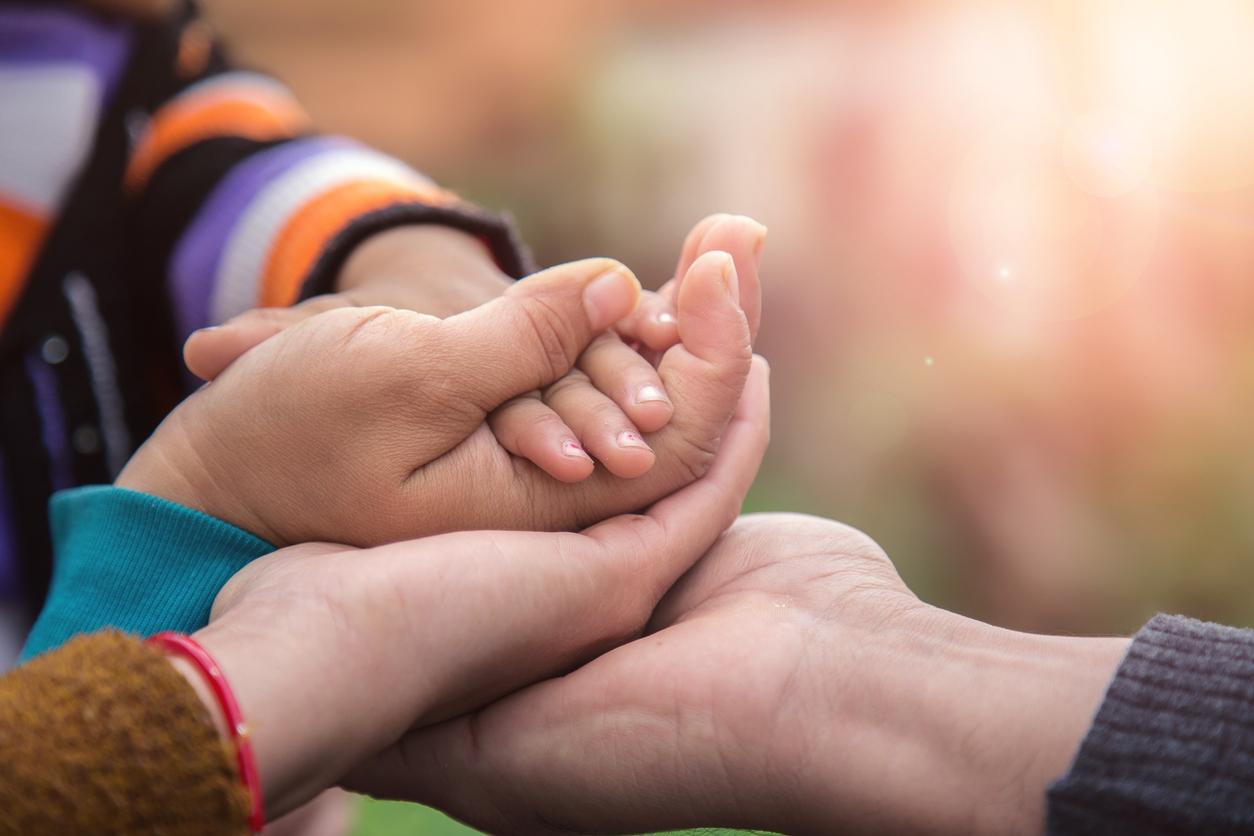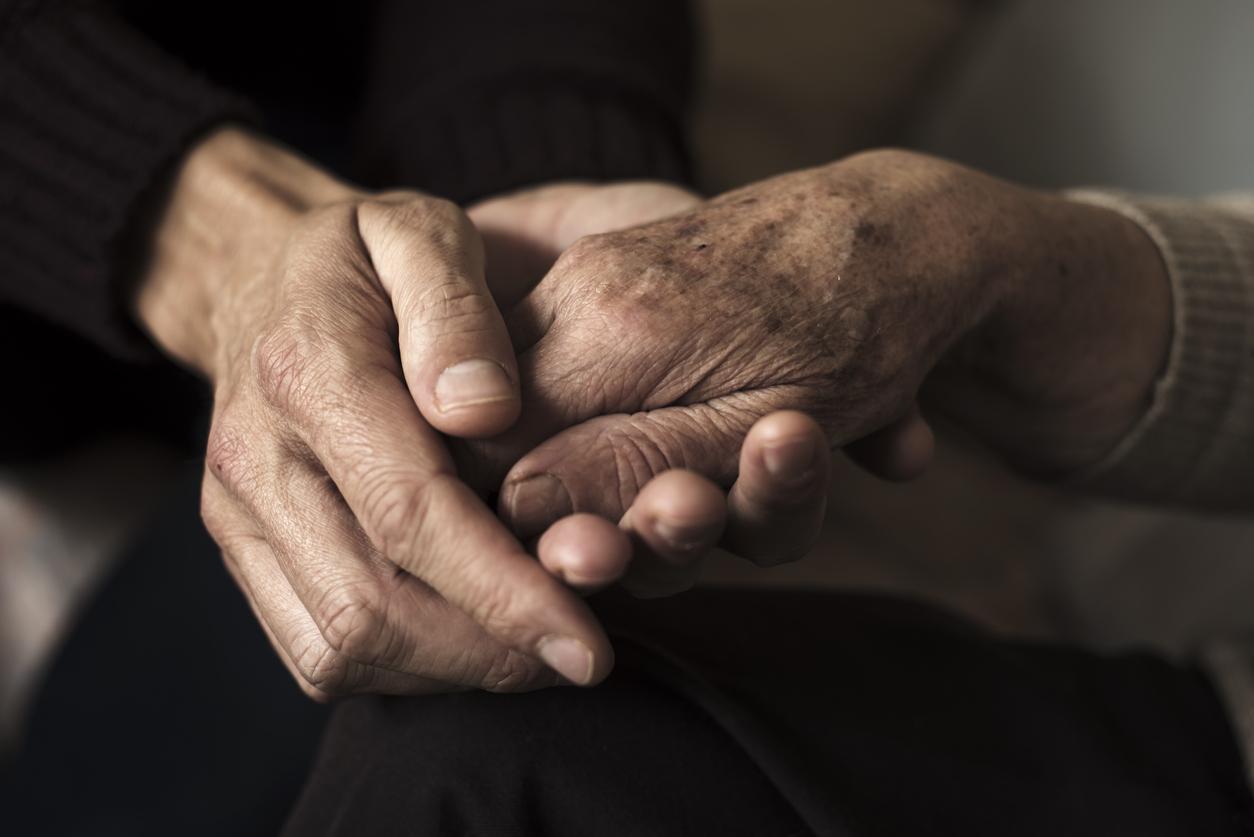It is because they conceive less than before that women can expect to live longer than men.

Women live five years longer than men on average. This is a phenomenon that surprises more than one researcher. And who could make more than one representative of the stronger sex jealous. But how to explain it? According to a team from the University of Uppsala (Sweden), the reason is very simple: it is due to the fertility decline for several years. This is what the researchers explain in Scientific Reports.
An inverted curve
To conduct this work, the authors did not select just any population: they analyzed data from 140,600 people from the population of Utah (United States), a state known for its strong Mormon community and whose the fertility rate is very high.
In the 1850s, each woman had an average of 8 children. The price of this fertility was heavy, since they lived two years less than men. But in half a century, Utah has experienced what experts call a demographic transition: Fertility has plummeted in the state. In the early 1900s, there were an average of 4 children per woman. At the same time, female life expectancy has increased by 12% while that of the stronger sex has increased only slightly. Result: the curve is reversed. Women could expect to live four years longer than men.
Better understand trends
According to the researchers, the organization has limited resources. He cannot devote himself to reproduction and recovery at the same time. The decline in fertility has therefore made it possible to make up for the delay. In fact, the most “fertile” women – who had 15 or more children – lived six years less than those who had only one child.
For Elisabeth Bolund, who signs this work, “this illustrates the importance of taking biological factors into account when we seek to understand the causes of the change in mortality trends in the human population. These conclusions would also provide a better understanding of the mechanisms at work on a planetary scale. Indeed, in most countries, a demographic transition is taking place. And the gap in life expectancy between men and women is surprisingly stable, around five years.

.
















